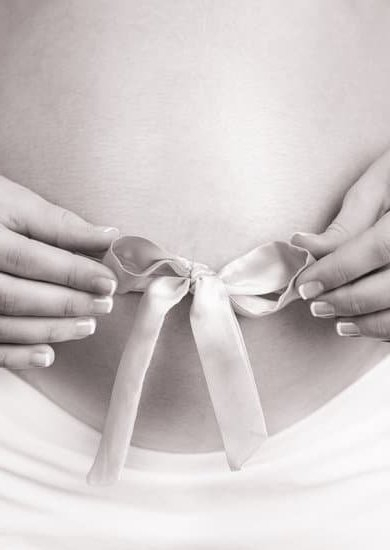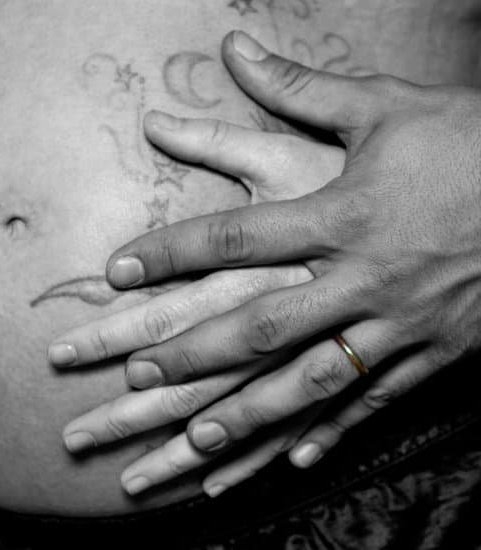White Discharge During Early Pregnancy
There are many changes that occur during early pregnancy, and one of them is an increase in the amount of vaginal discharge. This discharge is typically clear or white, and it’s normal to have it throughout your pregnancy.
Some women worry about white discharge during early pregnancy, but there’s no need to be concerned unless it’s accompanied by other symptoms, such as itching, burning, or a strong odor. If you have any of these symptoms, or if the discharge is thick, yellow, or green, call your doctor.
The increase in discharge is due to the increase in estrogen levels during early pregnancy. This discharge helps to keep the vagina clean and protect the baby from infection. It’s also normal to have a little more discharge during the late stages of pregnancy.
If you’re concerned about the amount of discharge or any other symptoms, call your doctor. He or she can help to reassure you and answer any questions you have.
Cervix In Early Pregnancy
The cervix is a small, cylindrical organ located at the top of the vagina. It is responsible for maintaining the pregnancy by acting as a barrier between the uterus and the outside world. The cervix also helps to dilate (open) during labor in order to allow the baby to be born.
In early pregnancy, the cervix is tightly closed and acts as a protective barrier against bacteria and other contaminants. As the pregnancy progresses, the cervix begins to dilate (open) in preparation for labor. The cervix will also thin out (efface) in order to allow the baby to be born.
Can You Bleed In Early Pregnancy
?
Yes, it is possible to bleed during early pregnancy. Bleeding can be a sign of a miscarriage, or it can be a sign that the pregnancy is progressing normally. Bleeding during early pregnancy is common, occurring in about one-third of pregnancies.
There are many possible causes of bleeding during early pregnancy, including implantation bleeding, ectopic pregnancy, and miscarriage. Implantation bleeding is a common cause of bleeding early in pregnancy. It occurs when the fertilized egg attaches to the wall of the uterus. Ectopic pregnancy is a pregnancy that implants outside of the uterus, usually in the fallopian tubes. Ectopic pregnancies are rare, occurring in about 2 percent of pregnancies. Miscarriage is the most common cause of bleeding during early pregnancy. It occurs in about 15 to 25 percent of pregnancies.
If you experience any bleeding during early pregnancy, it is important to call your doctor. Bleeding can be a sign of a problem with the pregnancy.
Diarrhea During Early Pregnancy
Most pregnant women will experience at least one bout of diarrhea during their pregnancy, and it often starts during the first trimester. Although it can be quite uncomfortable, diarrhea during early pregnancy is usually not a cause for alarm.
There are a number of things that can cause diarrhea during pregnancy, including changes in your diet and hormones, food poisoning, and a stomach virus. In most cases, the diarrhea will go away on its own and does not pose a threat to the pregnancy. However, if you have severe diarrhea accompanied by vomiting, burning sensations when you pee, or a fever, you should call your doctor.
If you are experiencing diarrhea during your pregnancy, there are a few things that you can do to help ease the symptoms. Be sure to drink plenty of fluids, especially water, to stay hydrated. You may also want to try eating bland foods, such as boiled potatoes, toast, or rice. If the diarrhea is caused by a virus, you may find that it helps to take over the counter medication like Pepto-Bismol or Imodium.
Most cases of diarrhea during early pregnancy are nothing to worry about. However, if you are concerned or have any questions, be sure to talk to your doctor.
How Long Does Bloating Last In Early Pregnancy
Bloating is a common symptom during early pregnancy. It is caused by the enlargement of the uterus, which crowds the abdominal cavity and displaces the stomach and intestines. The displaced intestines can cause gas and fluid to accumulate, leading to bloating.
Bloating usually lasts throughout the first trimester, but it may go away in the second trimester as the uterus begins to move out of the way. If the bloating persists or becomes severe, it may be a sign of a complication such as gestational diabetes or pre-eclampsia. In these cases, it is important to see your doctor.
While there is no cure for bloating, there are a few things you can do to help ease the discomfort. Try to eat small, frequent meals, and avoid foods that are high in fiber or gas-producing. Drink plenty of water, and avoid carbonated drinks. If necessary, you can also take over-the-counter medications such as ibuprofen or acetaminophen to help reduce the pain and swelling.
If you are experiencing bloating during early pregnancy, please consult with your doctor. He or she can help you determine the cause and provide appropriate treatment.

Welcome to my fertility blog. This is a space where I will be sharing my experiences as I navigate through the world of fertility treatments, as well as provide information and resources about fertility and pregnancy.





